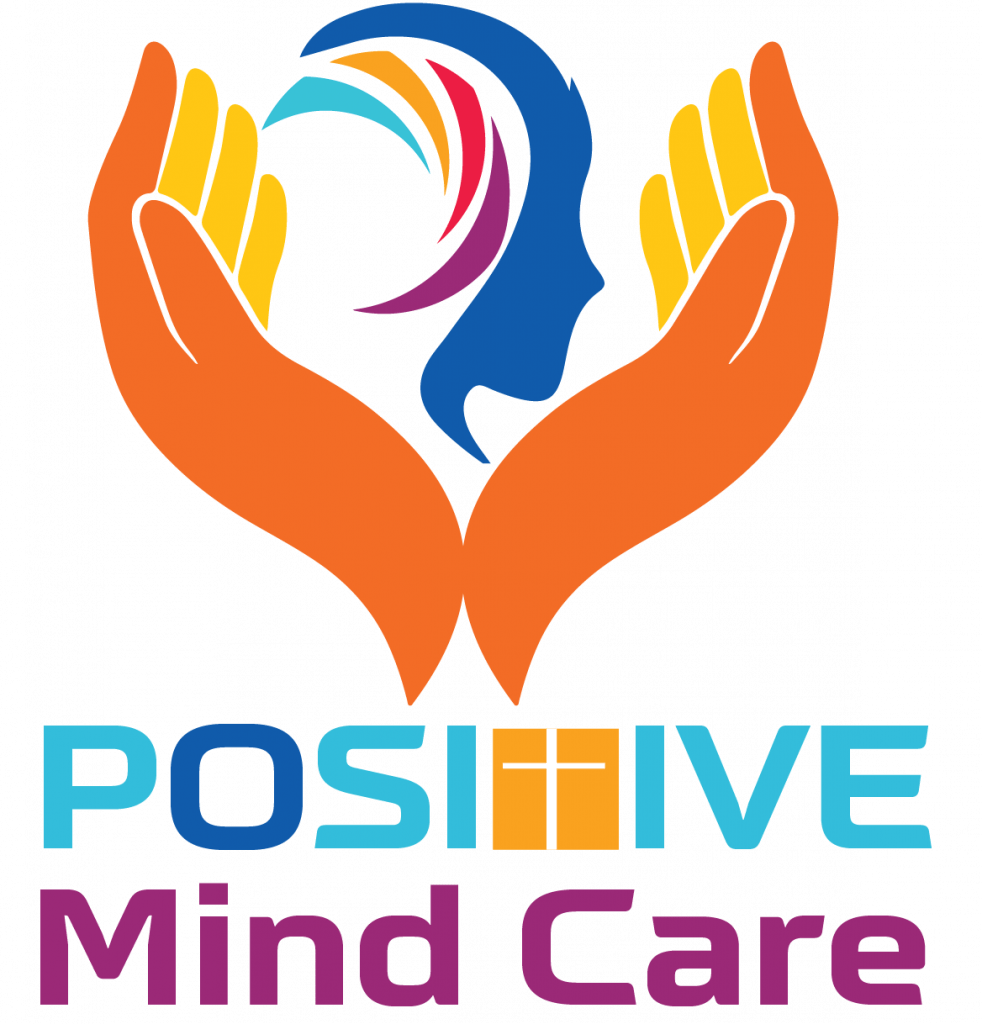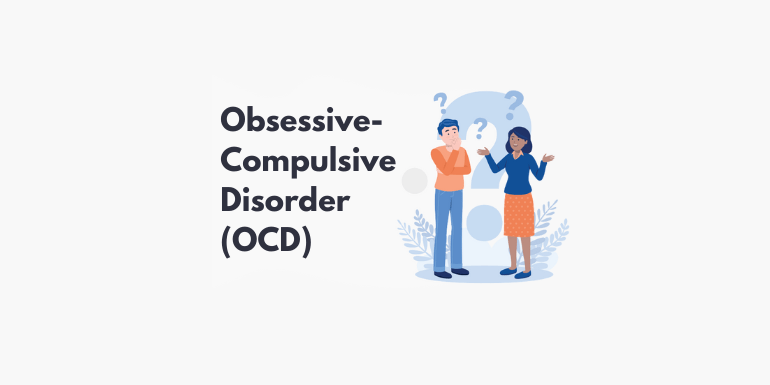OCD (Obsessive-Compulsive Disorder) is a mental health condition that can be effectively treated through a combination of therapy and, in some cases, medication. One commonly used therapy for OCD is Cognitive-Behavioral Therapy (CBT), particularly a specific form called Exposure and Response Prevention (ERP). In ERP, individuals are gradually exposed to their obsessions and prevented from engaging in their compulsive behaviors, helping them develop healthier responses to their obsessions.
Deep Transcranial Magnetic Stimulation (dTMS) is a non-invasive procedure that uses magnetic fields to stimulate specific areas of the brain. It has shown promise in the treatment of various mental health conditions, including OCD. TMS works by delivering magnetic pulses to the targeted brain regions, which can help regulate brain activity and alleviate symptoms.
When searching for a treatment center that offers dTMS for OCD in Gurugram, it’s important to consider the following factors:
Expertise: Look for a center with experienced mental health professionals who specialize in OCD treatment and dTMS.
Accreditation and Certification: Ensure that the treatment center and its staff have the necessary certifications and accreditations to provide high-quality care.
Comprehensive Treatment Approach: Look for a center that offers a comprehensive treatment approach, including therapy (such as CBT/ERP) in addition to dTMS if appropriate.
Success Rates: Inquire about the center’s success rates in treating OCD and any specific data they may have on the effectiveness of dTMS.
Patient Reviews and Testimonials: Read reviews and testimonials from previous patients to get an understanding of their experiences and outcomes at the center.
To find the best OCD treatment centers with dTMS in Gurugram, you may consider conducting online research, consulting with mental health professionals, or reaching out to local mental health organizations for recommendations. It’s advisable to contact the treatment centers directly to inquire about their services, treatment approaches, and availability of dTMS for OCD.
Treatment for OCD Disorder in Delhi
Treatment for Obsessive-Compulsive Disorder (OCD) typically involves a combination of therapy, medication, and self-help strategies. Here are some common approaches used in the treatment of OCD:
Cognitive-Behavioral Therapy (CBT): CBT is a type of psychotherapy that has been proven effective in treating OCD. Specifically, a form of CBT called Exposure and Response Prevention (ERP) is often used. ERP involves gradually exposing individuals to their obsessions or triggers while preventing them from engaging in their usual compulsive behaviors. Over time, this helps individuals learn to tolerate the anxiety associated with their obsessions and resist the urge to perform compulsions.
Medication: Selective Serotonin Reuptake Inhibitors (SSRIs) are commonly prescribed medications for OCD. These medications help regulate serotonin levels in the brain, which can reduce OCD symptoms. Other types of antidepressants, such as tricyclic antidepressants or serotonin-norepinephrine reuptake inhibitors, may also be prescribed in some cases.
Deep Transcranial Magnetic Stimulation (dTMS): As mentioned earlier, dTMS is a non-invasive procedure that uses magnetic fields to stimulate specific areas of the brain. It can be used as an adjunctive treatment for OCD in individuals who have not responded well to other therapies. dTMS may help modulate neural activity and alleviate symptoms.
Self-Help Strategies: In addition to therapy and medication, individuals with OCD can incorporate self-help strategies into their treatment. These may include stress management techniques, regular exercise, maintaining a healthy lifestyle, practicing relaxation exercises, and seeking support from family, friends, or support groups.
It’s important to consult with a mental health professional, such as a psychiatrist or psychologist, who specializes in the treatment of OCD. They can provide an accurate diagnosis and recommend an appropriate treatment plan tailored to your specific needs. Treatment for OCD is usually long-term, and with proper support and management, many individuals can experience significant improvement in their symptoms and quality of life.
Deep Transcranial Magnetic Stimulation (dTMS)
Deep Transcranial Magnetic Stimulation (dTMS) is a non-invasive procedure that uses magnetic fields to stimulate specific areas of the brain. It has shown promise in the treatment of various mental health conditions, including Obsessive-Compulsive Disorder (OCD).
dTMS works by delivering magnetic pulses to targeted areas of the brain associated with OCD symptoms. By modulating neural activity in these regions, dTMS aims to alleviate symptoms and improve overall well-being. It is typically used as an adjunctive treatment when other therapies, such as medication and cognitive-behavioral therapy (CBT), have not provided sufficient relief.
Research studies have demonstrated that dTMS can be effective in reducing OCD symptoms. In 2018, the U.S. Food and Drug Administration (FDA) granted clearance for the use of dTMS as an adjunctive treatment for OCD in adults who have not responded well to traditional treatments.
During dTMS sessions, a specialized device delivers magnetic pulses to the targeted brain regions while the patient is awake and seated. The treatment is generally well-tolerated, with few reported side effects such as mild headache or scalp discomfort.
It’s important to note that the availability of dTMS for OCD may vary depending on your location and the treatment centers in your area. If you’re considering dTMS as a treatment option for OCD, I recommend consulting with a qualified mental health professional or contacting treatment centers in your area to inquire about their services and the availability of dTMS for OCD treatment. They can provide you with more specific information and guide you through the treatment process.
Obsessive-Compulsive Disorder (OCD) is a complex mental health condition that affects many individuals in Delhi and worldwide. Fortunately, there are effective treatment options available in Delhi, including Cognitive-Behavioral Therapy (CBT), Medication Management, and Deep Transcranial Magnetic Stimulation (Deep TMS). These treatment modalities, both individually and in combination, have shown promising results in reducing OCD symptoms and improving the quality of life for those living with this condition. If you or someone you know is struggling with OCD, it is crucial to seek professional help from therapists, psychiatrists, and specialized clinics in Delhi, including Positive Mind Care, that offer comprehensive treatment options, including Deep TMS. Remember, with the right support and treatment, it is possible to manage OCD and lead a fulfilling life.



